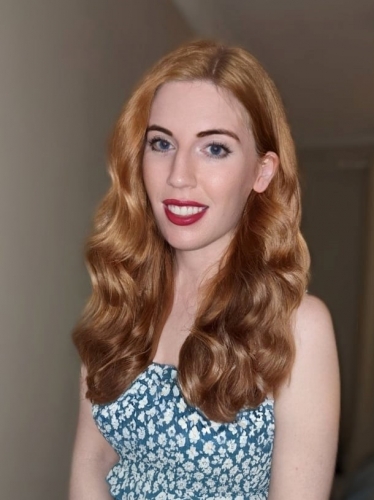Researchers at the University of Queensland are working with social workers and international experts to develop a national, unified framework for identifying victims of elder abuse who present to hospitals.
Project leader and social worker, Professor Jill Wilson OA, said that “everybody in society should have an interest in protecting older people”.
Subscribe for FREE to the HealthTimes magazine
“Apart from the issues of human rights and protection, increasing abuse rates worry the government because abused older people often lose their asset base and so they cannot pay for care.”
Elder abuse is an issue that the Commonwealth government is now looking to better understand so that the cycle can be broken – and Professor Wilson’s project is part of this.
“Our research project will be focussed on understanding why someone commits elder abuse and how social workers can better intervene” she told HealthTimes.
FEATURED JOBS
St Vincent's Private Hospital
While there has not been a population-level study of elder abuse conducted in Australia, the most recent
data indicates that up to 14% of Australians over the age of 55 experience some form of physical, financial or emotional abuse at the hands of either their carers or family members.
Professor Wilson said that elder abuse has profound impacts on the physical safety, emotional safety, and sexual safety of older Australians – and the reason why it happens isn’t always to do with money.
A number of proposals explaining the occurrence of elder abuse have been identified.
“The first one is about carers – that carers are asked to do too much, and the abuse is a reaction to being overworked. Then there’s those [perpetrators] who have had mental health or drug abuse problems in the past, or who were once abused themselves – and they see it as ‘payback time’”.
“There’s also dynamics of domestic violence in a family that have happened at an earlier point in life, and then the abuser becomes the abused in old age”, Professor Wilson added.
“And finally, there is inheritance impatience. This is often from children, who may want access to the inheritance early.”
Professor Wilson said that while this unified, national approach to elder abuse is specific to only health settings, this is an opportune place to begin the work.
“The health setting is a place we're older people who are being abused can present, so in that sense it’s an obvious place to start, but we know that a lot of abuse happens of course without any health contact.”
“We also know that people in these health settings who do notice that something may be happening, don’t actually know what to do about it, or how to raise it”
And often, older people are reluctant or afraid to talk about the abuse they are suffering.
Professor Wilson said that social workers and nurses were on the frontline in responding to elder abuse.
“Once a social worker becomes involved, the path forward is more difficult as they try and negotiate the complexities of getting the older person back into their home or aged care facility,” she said.
“Typical interventions could be mediating with family members, putting someone in the home as a carer to ‘stay in’ and look for signs of abuse, or getting the police involved in serious cases of physical abuse.”
“But there really is no tried and tested rulebook for dealing with elder abuse in the community and that’s what we will be focussing on.”
Professor Wilson said her research group will bring together personal experiences, expertise, and perspectives from several sources.
“We’ll consolidate the views of all the people who have been interviewed in health settings and what they've found helpful and unhelpful – so these are older people who are prepared to talk publicly about their experiences”, Professor Wilson said.
“The other group of people we're talking to are those with a lot of expertise, along with an international group who have a lot of experience in this area.”
“We will then consolidate these three different viewpoints into case studies, and we’ll then test the usefulness of these case studies with social workers in Brisbane and Melbourne.”













